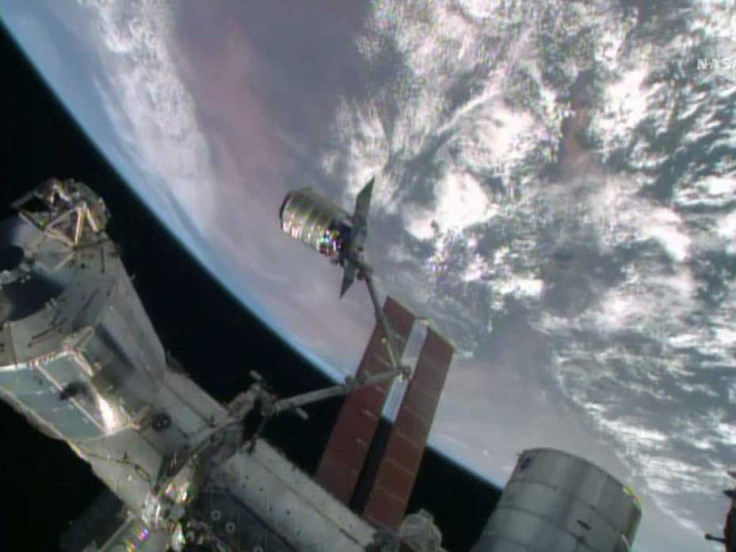NASA’s ISS Tracker: How To Spot The Space Station From Home

KEY POINTS
- The ISS is said to be one of the easiest objects to find in the night sky
- NASA has a program that lets people know if the ISS will be visible in their location
- The conditions have to be right to catch a glimpse of the ISS
Want to spot the International Space Station (ISS) in the sky from home? NASA has a program that lets people know when the space station will pass over their location.
The ISS has been orbiting the Earth since 1998, travelling at a speed of about 17,500 miles per hour. What some people may not know is that the ISS can be seen from Earth even without any special equipment such as binoculars or telescopes. In fact, it is said to be one of the easiest objects to spot in the night sky because it shines as bright as Venus.
There are apps and websites that can determine when the ISS will be visible in a specific area, and one of them is NASA's "Spot the Station" program. The program website shows the sighting opportunities, and those who sign up for the alerts will receive notices about 12 hours before the ISS will pass their area along with information about where to look in the night sky.
According to NASA, the ISS looks rather like an airplane or a bright star that is moving in the night sky. What makes it different is that it moves much faster, does not have flashing lights and does not change direction. Depending on the circumstances, the ISS may appear brighter or dimmer.
Just like with any sky watching event, the conditions have to be right to get a good look. It needs to be dark and the space station has to be passing overhead at about 40 degrees or more above the horizon. If the ISS passes an area during daytime, it will not be seen.
Those who sign up for alerts will only be notified if the ISS will be visible in the area, not every time it passes overhead. It is also best to have good weather conditions when the ISS passes by since cloudy skies could significantly obstruct the view.
Having a glimpse of one of the largest human-made objects to fly in space is a treat, even if it's just for a few minutes. With astronauts Douglas Hurley and Robert Behnken on board the space station after the historic Demo-2 launch last May 30, perhaps an ISS sighting from Earth would be even more meaningful for some.
© Copyright IBTimes 2025. All rights reserved.






















